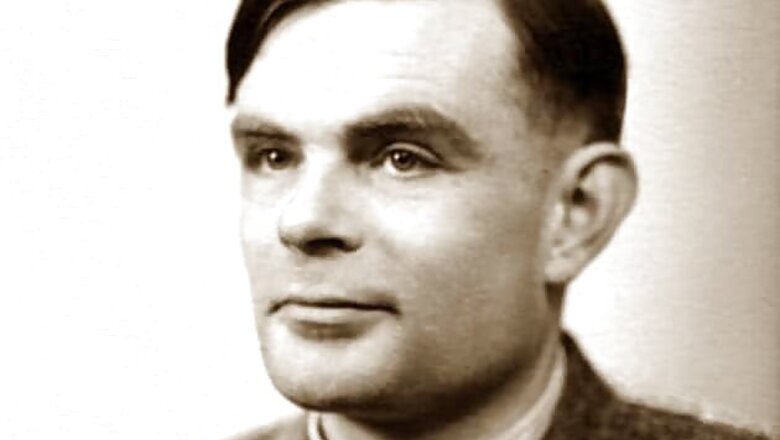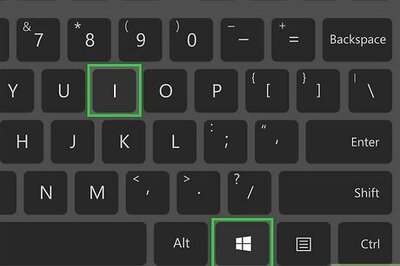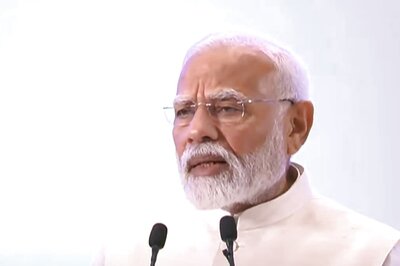
views
New Delhi: In what has happened for the first time, a supercomputer has passed the 65-year-old iconic Turing Test. Supercomputer Eugene Goostman during Turing Test 2014, which was held at the renowned Royal Society in London, succeeded in duping researchers that it was a 13-year-old Ukrainian boy named Eugene Goostman, while it was actually a computer program.
If a computer is mistaken for a human more than 30 per cent of the time during a series of five-minute keyboard conversations it passes the Turing test. Eugene, for the first time, managed to convince 33 per cent of the human judges that it was human.
Eugene, a computer programme that simulated a 13-year-old boy, was developed in Saint Petersburg, Russia. The development team includes Eugene's creator Vladimir Veselov and Ukrainian born Eugene Demchenko.
The Turing Test is based on 20th century mathematician and code-breaker Turing's 1950 famous question and answer game, "Can Machines Think?". The experiment investigates whether people can detect if they are talking to machines or humans.
This historic event was organised by the University's School of Systems Engineering in partnership with RoboLaw, an EU-funded organisation examining the regulation of emerging robotic technologies.
Professor Kevin Warwick, a Visiting Professor at the University of Reading and Deputy Vice-Chancellor for Research at Coventry University, said, "In the field of Artificial Intelligence there is no more iconic and controversial milestone than the Turing Test, when a computer convinces a sufficient number of interrogators into believing that it is not a machine but rather is a human.
"Some will claim that the Test has already been passed. The words Turing Test have been applied to similar competitions around the world. However this event involved the most simultaneous comparison tests than ever before, was independently verified and, crucially, the conversations were unrestricted. A true Turing Test does not set the questions or topics prior to the conversations.
Considered to be the father of computing, Alan Mathison Turing was a British mathematician who articulated the mathematical foundation and limits of computing. Turing was also a pioneer in the field of artificial intelligence. In 1950 he proposed, what was later known as the Turing test, a criterion to test whether a machine can think.
Professor Warwick concluded: "Not long before he died on une 7 1954 Alan Turing, himself a Fellow of the Royal Society, predicted that in time this test would be passed. It is difficult to conceive that he could possibly have imagined what computers of today, and the networking that links them, would be like."




















Comments
0 comment